What is the Full Form of TADATADA: Terrorist and Disruptive Activities (Prevention) ActTADA stands for Terrorist and Disruptive Activities (Prevention) Act. TADA, or Terrorist and Disruptive Activities (Prevention) Act, was an anti-terrorism law implemented throughout India and was in effect from 1985 to 1995 (amended in 1987). It was enacted in response to the Punjab insurgency. On May 23, 1985, the President gave his first approval, and on May 24, 1985, it went into force. The Khalistani Movement, an armed Sikh separatist movement active in Punjab, was intended to be put an end to it by this action. Later, it grew to include other states. The Act featured a sunset clause that allowed it to expire two years after its beginning, which it did on May 24, 1987. The Act's lifespan could not be extended since the Parliament was not in session. 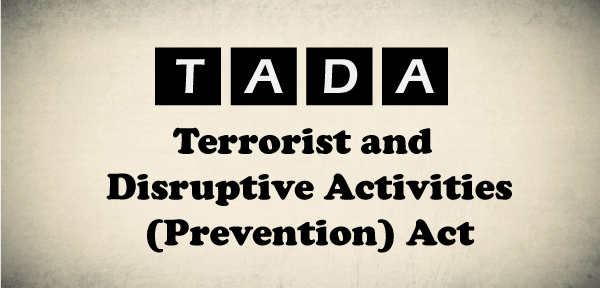
However, an ordinance in place as of the Act's expiration date continued the requirements. Later, the Terrorist and Disruptive Activities (Prevention) Act in 1987 took the place of this ordinance. It was approved on September 3, 1987, and went into effect on May 24, 1987 respectively. This included a two-year sunset clause starting on May 24, 1987. Before being allowed to expire in 1995 due to growing unpopularity following significant claims of abuse, they renewed it in 1989, 1991, and 1993. It was the first anti-terrorism law that the Government passed to identify and stop terrorist activity. The third paragraph of the Act provides a fairly detailed definition of "terrorism" which says "Whoever does any act or thing by using bombs, dynamite or other explosive substances, inflammable substances, lethal weapons, poisons, noxious gases, other chemicals or by any other substances (whether biological or otherwise) with intent to overawe the Government as by law established, to instil fear among the populace or any segment of the populace, to alienate any segment of the populace, or to negatively impact the peace between various sections of the people". A terrorist act is when they endanger the community's safety, detain someone or threaten to harm or murder them to persuade the Government or another individual to take a certain action. PowersThe law gives law enforcement authorities the broad authority to deal with domestic terrorism and "socially disruptive" acts. It cannot compel the police to present a detained person before a court magistrate within 24 hours. The accused might spend up to a year in jail. The accused party was responsible for establishing his innocence before a judge or jury, and confessions given to police personnel were accepted as evidence. Courts were established to hear cases and provide rulings involving those charged under this Act. They might keep the witness names secret, and the trials could occur behind closed doors. Police officials were also given the authority to seize the accused's property under Section 7A. According to this law, police are not allowed to administer third-degree or harass anybody in the ways specified in the Act. 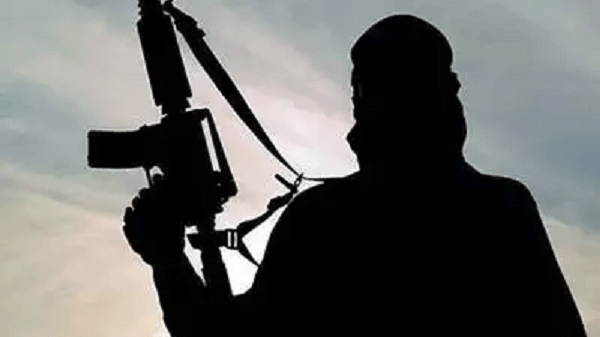
Controversial RulesSince the Act had clauses that violated human rights, it received harsh criticism from the human rights organizations. The following facts are the focus of the criticism:
ImpactBy June 30, 1994, they had detained more than 76,000 individuals under the statute. In 25% of these cases, the police dropped all charges before filing any charges. Only 35% of the cases went to trial, and of those that did, 95% of the defendants were found not guilty. Less than 2% of those who were detained were found guilty. The Prevention of Terrorist Activities Legislation (2002-2004), which replaced the TADA act in the end and caused a lot of controversies, was later repealed. Yet many people are still detained under TADA. 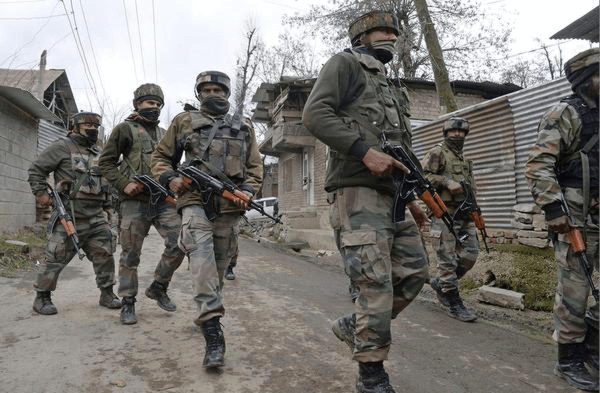
Supreme Court DecisionAccording to the Supreme Court, a person is not automatically subject to this Act's penalties just because they are a member of a prohibited organization. Terrorist Activity PunishmentsActivities that directly or indirectly undermine the nation's sovereignty, peace, or integrity should be regarded as terrorist acts and punishable by imprisonment and a fine. These activities include any speech, Act, advice, or suggestion that undermines India's sovereignty, peace, or integrity. If a person is determined to be a terrorist, they will be punished and sentenced to at least 5 years, up to life in prison, and a hefty fine. Terrorist acts are dealt harshly. Whoever engages in any act or thing that makes use of bombs, explosives, other explosive substances, combustible materials, heavy weaponry, toxins, poisonous fumes, other chemicals, or any other substances (whether biological or otherwise) of a destructive nature with the intent to terrorize the people, any segment of the people, or to alienate any sector of the people, or to overpower the Government as established by law a dangerous character that might result in or is likely to result in the death of, injury to, or loss of any person or people, damage to, or destruction of, any property, or that disturbs the peace between different sections of the people. 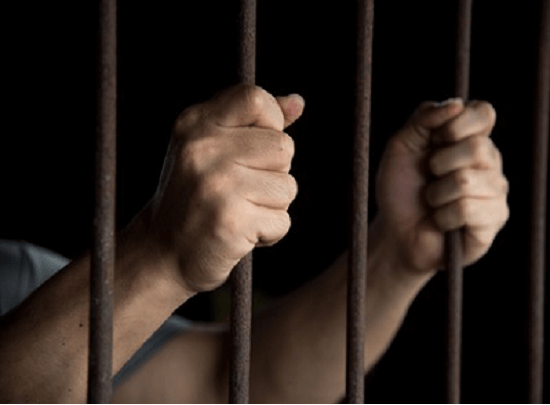
Any action can constitute as a terrorist act
Courts for the TADA ActThe Central Government and the State Government of India will select which courts would have jurisdiction over terrorist activity in a given region or area. The judge will preside over specific courts that are selected and appointed by either the Central Government of India or, in some cases, the State Government of India after consulting with the Chief Justice of the High Court. The designated Court's assigned judge will penalize any terrorist or disruptive behaviour. They may punish the guilty by following the deeds. For each designated Court, the Central Government and, in some situations, the State Government must appoint a Public Prosecutor, Additional Public Prosecutor, or Special Public Prosecutor. The Public Prosecutor appointed will be subject to Section 2 of the law with following clause
The subsection means
Habeas Corpus - If the imprisonment were lawful at the time of the disposition, the habeas corpus process would be successful. The Court cannot grant a writ of habeas corpus to free the individual being held in response to the petition. As a result, when the petition is finally decided, the legality of the detention will also be taken into account. Possession of Certain Unauthorized Weapons, etc., in Designated Areas - Regardless of any other provisions of any current law, any person who has any weapons and ammunition mentioned in Columns 2 and 3 of Group I or Group III of Schedule I to the Arms Rules, 1962, or unauthorized bombs, high explosives, or other explosive substances in a notified area, shall be punished. Punished with imprisonment for up to five years sentence that must not be less than five years but may go as long as life in jail, as well as being subject to a fine. No matter what is stated in any of the Acts as mentioned earlier or the rules made thereunder, any person who violates any provision of or any rule when used with the intent to support terrorists or cause disruptions, substances, A sentence of five years to twenty years in jail is the penalty for violating the Arms Act of 1959, the Explosives Act of 1884, the Explosives Substances Act of 1908, or the Inflammable Substances Act of 1952. 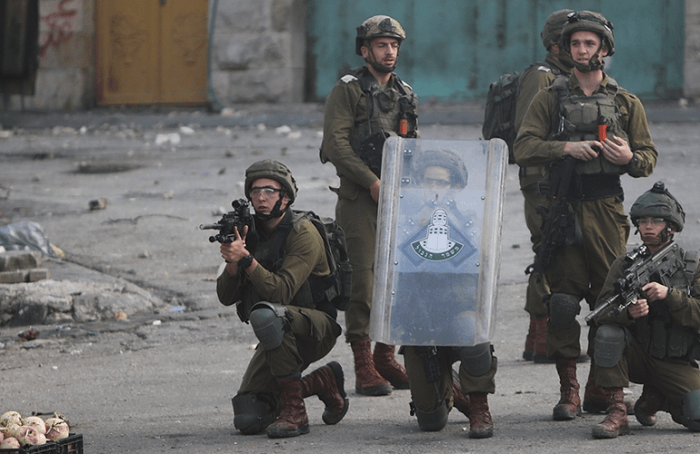
Anyone attempting to disregard the provisions of this section is the provisions of paragraph shall apply to such person, with the modification that any reference to "imprisonment for life" shall be construed as a reference to "imprisonment for 10 years." A person is said to have broken the law, rule, or order's provision if they attempt to aid in doing so or make preparations. Regardless of any provisions of the Code or other provisions of this Act, the Central Government may take action, if it deems it necessary or reasonable to do so, -
Give any officer of the Central Government the authority to act as a police officer in any State or part thereof, as the case may be, for any case, class, or group of cases, including the authority to arrest, investigate, and bring charges against individuals before any Court, by the publication of a notice in the official Gazette. ConclusionTADA Statute, which stands for Terrorist and Disruptive Activities (Prevention) Act, is the anti-terrorism Act. They amended this law in 1987 before going into effect in 1985 and 1995. The Punjabi insurgency led to the Indian Parliament of India passing this law. The offender must appear before the designated Court's judiciary, and if found guilty, they will get a sentence of at least one year and a five-year extension.
Next TopicFull Form
|
 For Videos Join Our Youtube Channel: Join Now
For Videos Join Our Youtube Channel: Join Now
Feedback
- Send your Feedback to [email protected]
Help Others, Please Share










